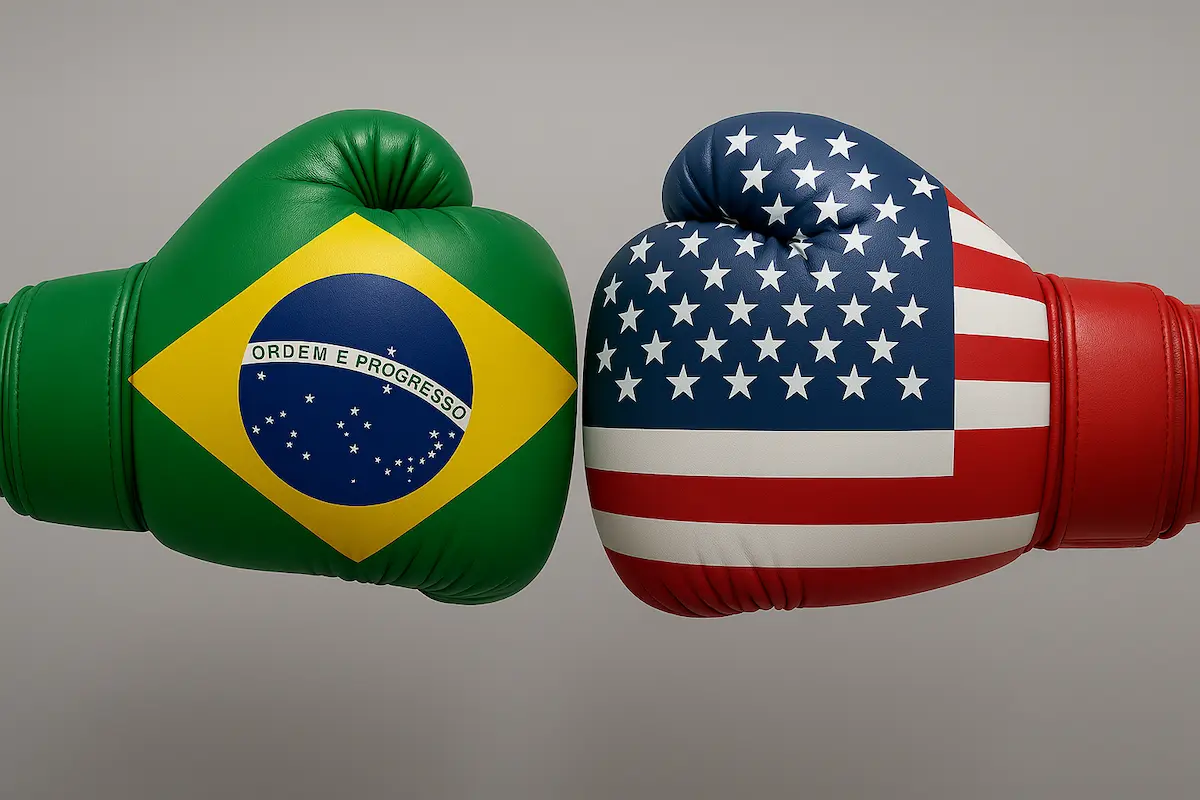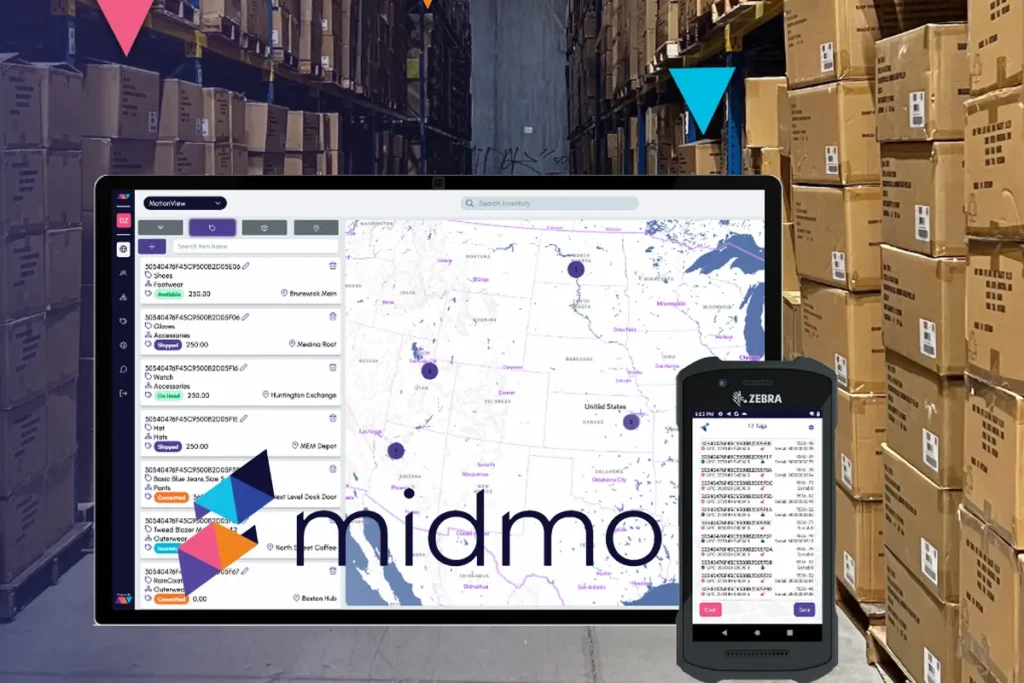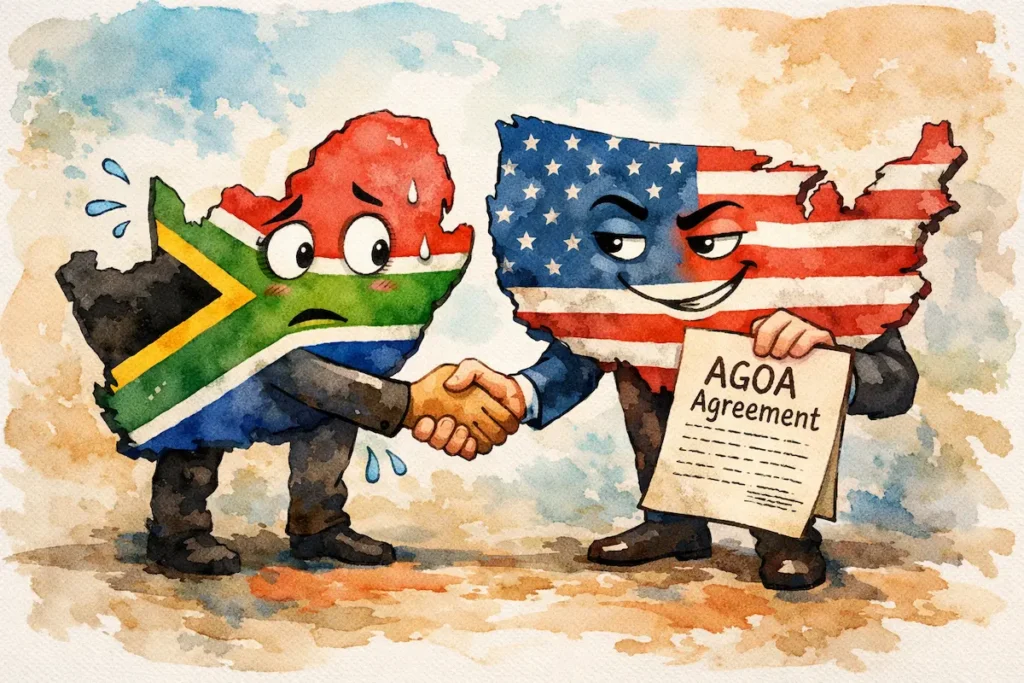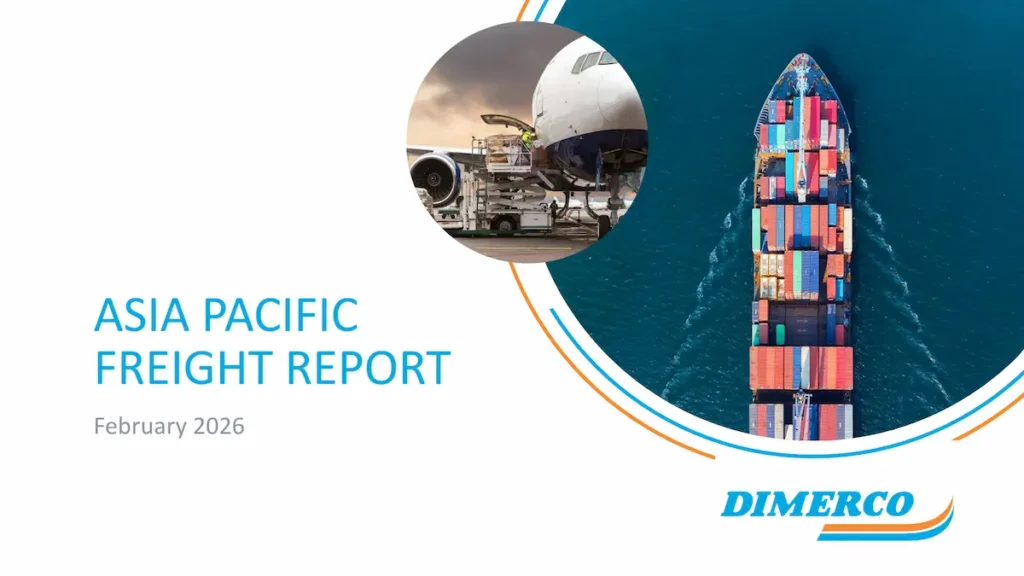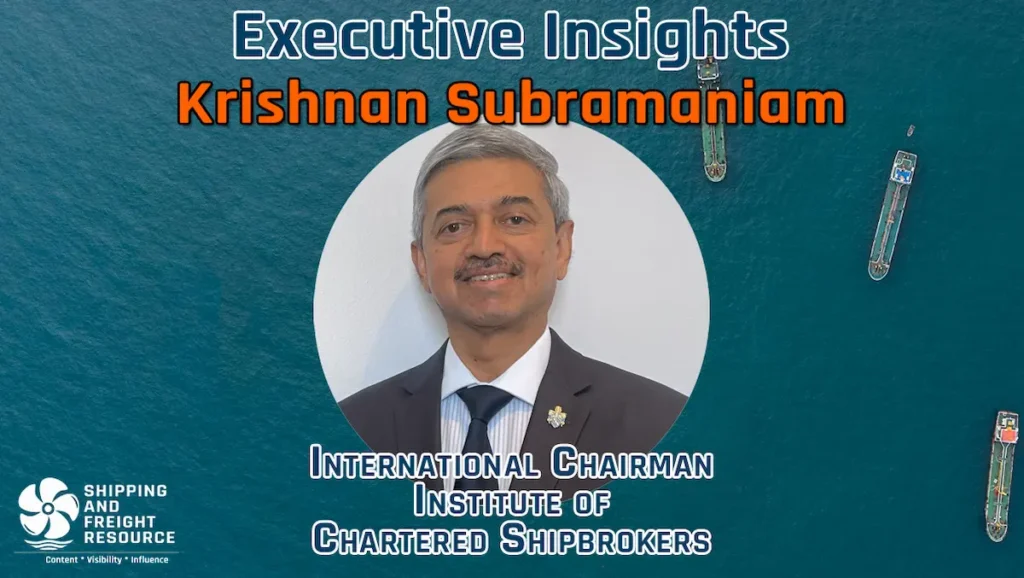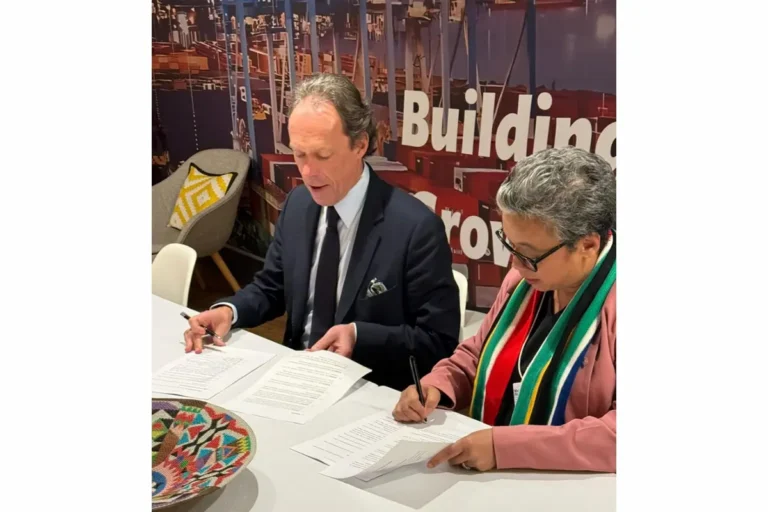Today, the Office of the U.S. Trade Representative (USTR) has turned up the heat on Brazil with an announcement that it is launching a Section 301 investigation into a range of Brazil’s trade practices, alleging unfair treatment of American businesses and industries..
At first glance, this may seem like a diplomatic spat, but for shipping, freight, and trade professionals, it is a signal to prepare for potential disruptions, increased costs, and shifting trade flows..
Let us unpack what this means and why it matters to your business..
The heart of the dispute
The USTR has raised concerns over several Brazilian policies viewed as discriminatory or unfair to U.S. interests.. These include restrictive digital trade rules that appear to favour local or third-country providers while disadvantaging U.S. technology companies..
Trade officials are also challenging Brazil’s tariff structures, which allegedly offer preferential rates to other trading partners while imposing higher duties on U.S. exports such as ethanol and timber..
“USTR has detailed Brazil’s unfair trade practices that restrict the ability of U.S. exporters to access its market for decades in the annual National Trade Estimate (NTE) Report.
After consulting with other government agencies, cleared advisers, and Congress, I have determined that Brazil’s tariff and non-tariff barriers merit a thorough investigation, and potentially, responsive action,” said Ambassador Greer..
Another contentious point is Brazil’s approach to environmental and anti-corruption enforcement, with U.S. timber exporters claiming they are harmed by weak oversight that enables cheaper, unsustainably sourced Brazilian products to compete unfairly in the market..
Escalating tensions
This investigation lands amid an already tense backdrop.. President Trump recently threatened to hike tariffs on Brazilian imports to 50 percent starting 1 August 2025, a stark jump from the current 10 percent rate..
The White House frames this move as retaliation for what it calls an unbalanced and politically motivated approach from Brazil, which has so far not responded to U.S. overtures to negotiate..
Reuters is reporting that while Brazil offered no immediate reaction to news of the U.S. investigation, on Monday, Vice President Geraldo Alckmin said it had yet to receive a response from Washington to an offer it made in trade talks two months ago..
Why supply chain and trade professionals should pay attention
This is not merely a political headline, it is a real-world risk factor that could reshape trade lanes and freight planning..
If the U.S. moves forward with significant tariffs, shippers can expect cost increases, the need for alternative sourcing strategies, and potential schedule disruptions..
These types of investigations also carry retroactive risk.. Section 301 actions often lead to additional duties or penalties beyond the initial threat, making it essential for exporters, logistics planners, and freight forwarders to monitor developments carefully..
It also raises questions
- Could this follow the path the U.S. took with China, where tariffs became just one part of a broader strategy to pressure other nations..??
- Will the U.S. demand that its trading partners choose between American access and Brazilian goods or impose secondary restrictions on companies dealing with Brazil..??
Such moves could complicate global supply chains even further, much as they did during the height of the U.S.–China trade war..
What happens next
For now, the USTR will begin formal consultations with Brazil to assess whether these practices are “unreasonable or discriminatory” under U.S. law.. If so, the investigation could lead to new tariffs, import restrictions, or other retaliatory measures aimed at pressuring Brazil to change course..
Timelines could move quickly, given the tariff threat for early August, or negotiations could prolong the uncertainty.. Companies will need to plan for multiple scenarios, balancing flexibility with risk management..
The bigger picture for global trade
This Section 301 investigation is part of a broader U.S. strategy of using trade enforcement tools to secure concessions and reshape trade relationships..
It is not an isolated move, but part of a pattern of leveraging tariffs, investigations, and bilateral pressure to counter practices seen as unfair or harmful to American interests..
For the global shipping and freight industry, it is a powerful reminder that trade policy, geopolitics, and sustainability issues are now tightly woven together..
Carriers, shippers, and trade professionals must go beyond tracking rates and transit times to include policy risks, compliance requirements, and contingency planning in their daily operations..
Conclusion
These developments could highlight the need for better awareness and preparedness across the industry..
Trade policy is no longer a distant issue for lawyers and diplomats, it is a core operational risk that affects shipping contracts, routing, inventory costs, and customer commitments..
Stay subscribed for more updates, analysis, and practical guidance as this story unfolds.. If you have insights or questions about how your business is preparing for these challenges, share them in the comments..

